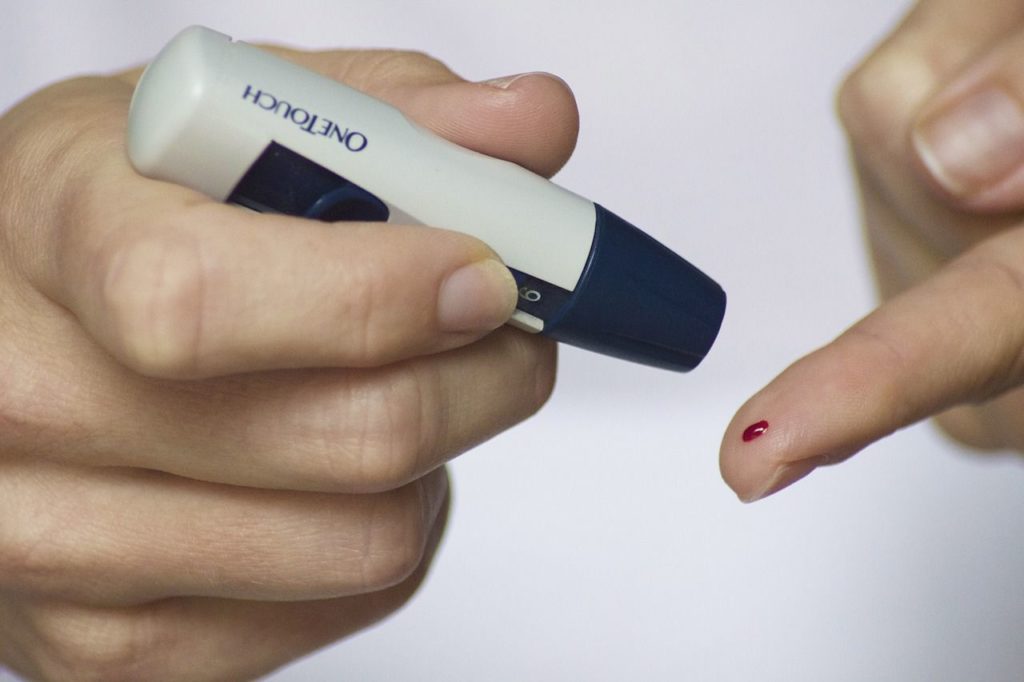
Diabetes and Oral Health: How Your Dentist Can Help
Each November, the American Diabetes Association sponsors the National Diabetes Month to raise awareness of the disease and how it can affect patients. To observe this occasion, we are doing our part in helping raise awareness of how diabetes can affect your oral health.
What Is Diabetes and What Are the Symptoms
Diabetes affects the body’s ability to process sugar. In Type I diabetes, the body doesn’t make enough insulin, a hormone that carries sugar from your blood to the cells. In Type II diabetes, the body stops responding to insulin. Both conditions result in high blood sugar levels, which can cause many different health problems.
Symptoms of diabetes include excessive thirst and urination, weight loss, and fatigue. Some patients can lose consciousness if the blood sugar levels fall too low. Diabetes takes a toll on the mouth as well, increasing the risk of developing gum disease and cavities, dry mouth, an altered sense of taste, bad breath, thrush, and more.
Gum Disease and Cavities
Diabetes sufferers are at increased risk of developing gum disease and cavities. Higher levels of glucose in the saliva encourage the growth of harmful bacteria which leads to plaque formation, which can cause gum disease and cavities. To keep your gums and teeth healthy, make sure your blood sugar level is stable, brush and floss daily, and keep up with your regular dental checkups and cleanings.
Dry Mouth
Diabetes patients may produce less saliva than average resulting in dry mouth, a condition called xerostomia. Saliva plays a significant role in oral health by washing away food particles and neutralizing acids. A chronic dry mouth often results in cavities and gum disease. If you suffer from a dry mouth, drink lots of water and avoid consuming alcohol or tobacco. Sugarless gum or candy has been shown to help stimulate saliva production.
Altered Sense of Taste
Diabetes has been known to alter or diminish food flavors. Some patients can't taste sweet flavors, which may lead to consuming more sugary foods. This can result in tooth decay and cavities, along with a host of oral health problems. If you begin to experience an altered sense of taste, try to steer away from sugary treats, and opt for healthy ones instead.
Halitosis
Diabetes patients often have high levels of glucose in the saliva, coupled with a dry mouth, providing a perfect environment for bacteria to thrive. Bacteria emit foul-smelling gases resulting in bad breath, also known as halitosis. To keep your breath fresh, make sure to keep your blood sugar levels stable, refrain from consuming sugary foods or beverages, and maintain meticulous oral hygiene.
Thrush
Diabetes affects the immune system, causing a host of oral infections, the most common of which is candidiasis (thrush). This condition is caused by a type of yeast that thrives on sugar, and the most obvious symptom is a white coating on the tongue and cheeks. The best way to prevent infections including thrush is to keep your mouth and dentures as clean as possible.
How We Can Help
Research has shown that treating gum disease can help improve blood sugar control in diabetes patients. Regular dental visits are essential to combat diabetes and its effects on your oral and overall health. At Dr. Rick Dentistry in North Scottsdale, we are committed to helping our patients live life to the fullest! Call us and schedule your appointment today!
